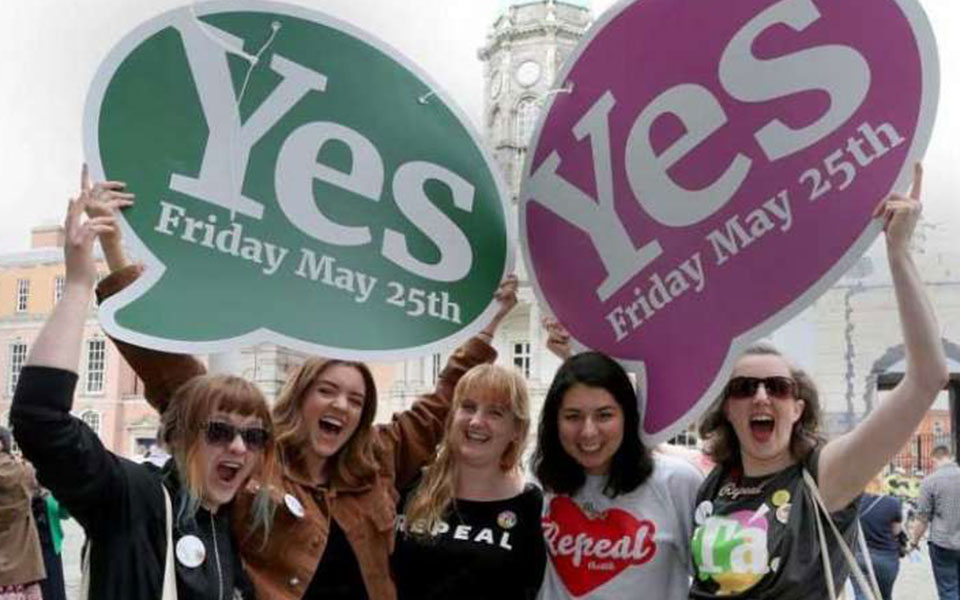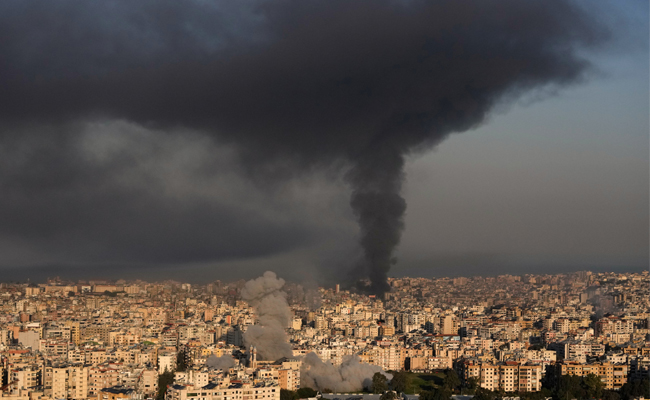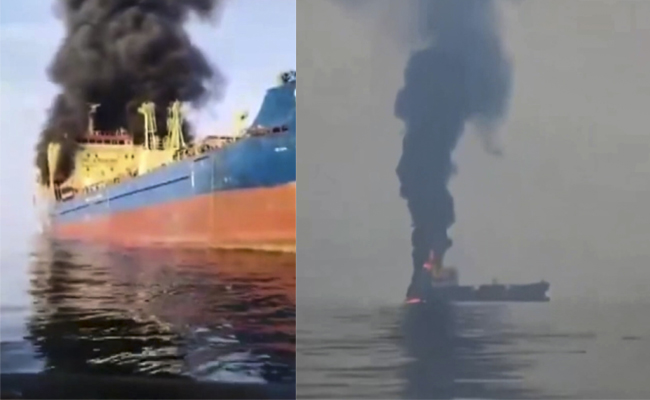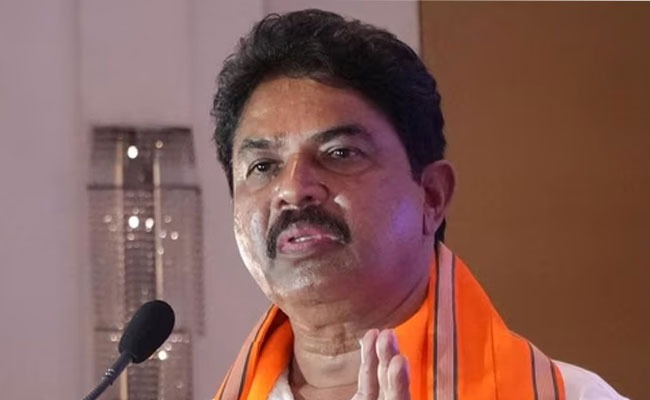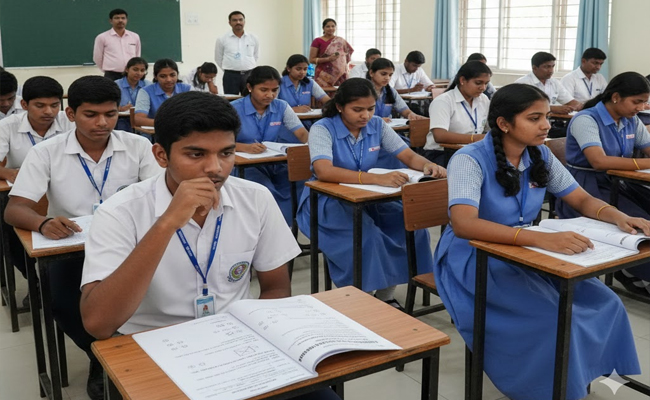Dublin, May 27: A total of 66.4 per cent of voters voted to scrap the present anti-abortion laws in Ireland in a referendum, according to the final results announced by a returning officer here on Saturday.
A total of 33.6 per cent of voters chose to retain the present abortion laws, or widely known as the Eighth Amendment among locals, that virtually ban abortions in the country, said the returning officer Barry Ryan.
Ryan declared the above results of the referendum in front of a large cheering crowd of people gathering at a central count center at Dublin Castle, a main government complex in the Irish capital of Dublin, Xinhua reported.
According to Ryan, nearly 3.37 million voters were registered for the referendum and 64.1 per cent of them turned out in Friday's voting with some 6,000 votes declared invalid.
The turnout of the referendum was one of the highest in any referendums ever held in Ireland and this indicated how important the abortion issue meant for the Irish people.
The referendum received an overwhelming victory in almost all the 40 constituencies across the country except in Donegal, a constituency in the country's northwest, with 51.9 per cent of voters voting against repealing the Eighth Amendment.
Dublin ranked in the first place in terms of Yes vote for ending the constitutional ban in the country with a Yes vote of 75.5 per cent, followed by the eastern region of Leinster (66.6 per cent), the southwest region of Munster (63.3 per cent), and the midwest and northwest regions of Connacht and Ulster (57.5 per cent), according to the official results of the referendum.
A breakdown of the voting results indicated that the more developed a region, the higher it has the Yes vote.
Irish Prime Minister Leo Varadkar said the referendum marked a culmination of "a quite revolution" which has taken place in the country over the last few decades.
Let the Truth be known. If you read VB and like VB, please be a VB Supporter and Help us deliver the Truth to one and all.
Dubai (AP): Airstrikes targeting an air base in southeastern Iran killed at least 13 Iranian troops there, local media reported.
The semiofficial Tasnim news agency and the Hammihan daily newspaper reported the strike in Kerman, 800 kilometres (500 miles) southeast of Iran's capital, Tehran.
The Kerman Air Base is known to house military helicopters.

